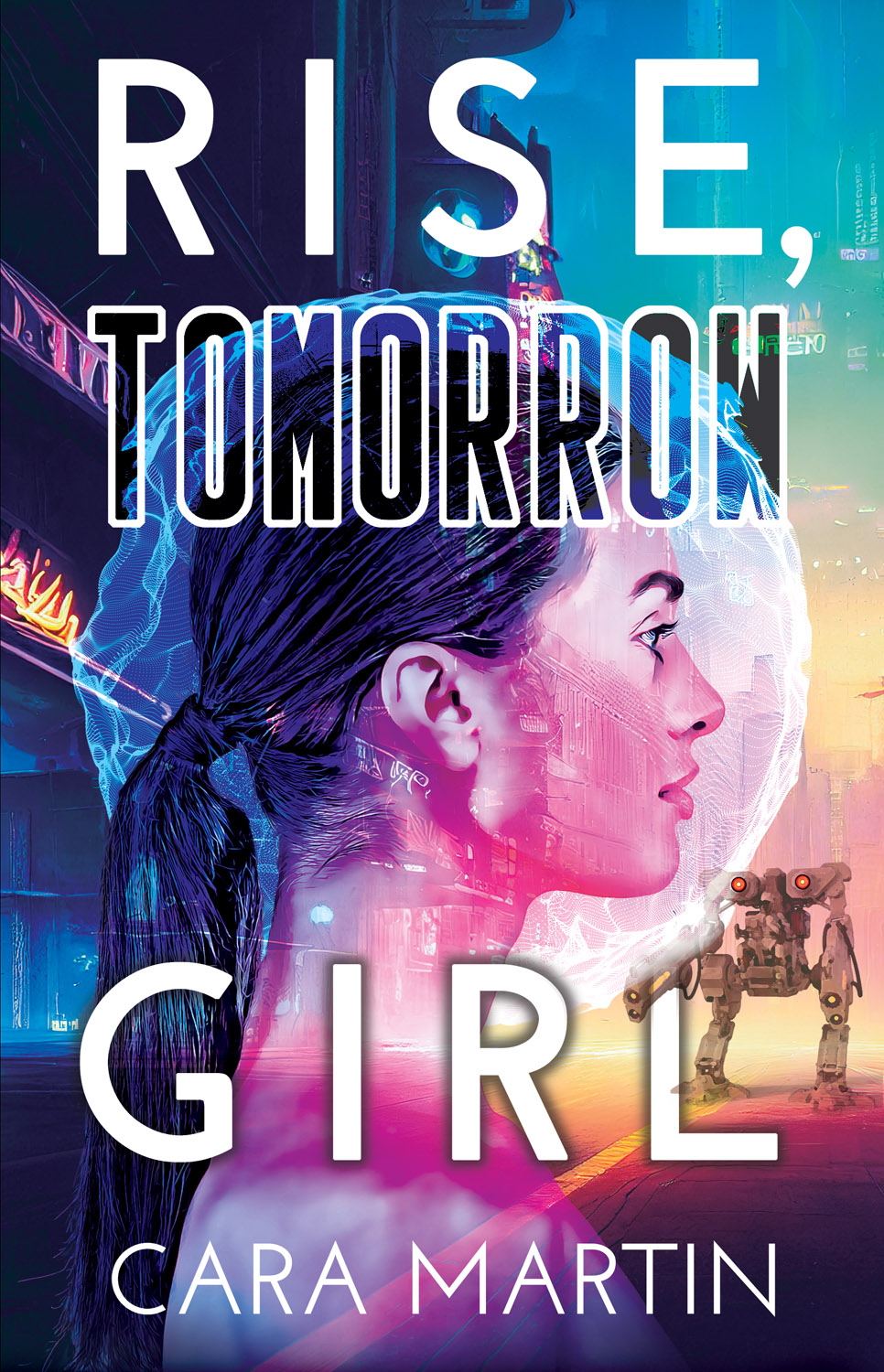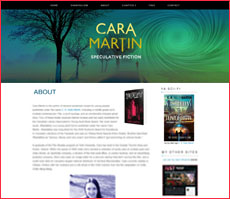Recently I was at the dentist three times in the space of a month. It appeared likely that a root canal was in my future, but my bitewing X-ray and Panorex were both inconclusive. Similarly mysterious was the fact that my dentist couldn’t provoke any reaction in the back tooth the pain seemed to have been coming from. Tapping directly on it or blowing air on the tooth felt absolutely fine. All of a sudden it was a happy little camper.
Meanwhile, walking from the examining room back to the front of the dental office, there was the familiar take-no-prisoners stab of pain at the back of my mouth. At times even talking, swallowing or turning my head in the same way I’d turned it a zillion times before seemed to provoke the kind of shock-like pain that would nearly stop me in my tracks and steal my breath. The pain occurred on and off throughout the day and night (though mercifully never waking me), making it difficult to sleep because that HERE-COMES-ANOTHER-PAIN-SPASM anticipation isn’t conducive to drifting peacefully off for the night.
Finally my dentist declared that he didn’t believe the cause of my pain was dental, that he suspected neuralgia and advised that I see a neurologist. I promptly made an appointment with my GP who is currently in the process of scheduling an MRI to investigate and who also mentioned the dreaded ‘trigeminal neuralgia’ condition. Dreaded because trigeminal neuralgia is described as a progressive condition that causes such excruciating pain that it’s been nicknamed ‘the suicide disease’. “Of all of the pain conditions that chronic pain patients experience, there are arguably none worse than the pain of trigeminal neuralgia,” according to the website of a group of Arizona pain management doctors.
Lovely. Okay, not so lovely. Actually, pretty much the opposite end of the spectrum to decidedly happy things like wriggling puppies, pink icing roses, stunning Parisian avenues, Sangria on the beach. Come to think of it, a root canal would be a million times preferable to trigeminal neuralgia.
I’m relieved to say that for over a week now the jaw/tooth/facial pain has definitely been on the wane. If it was indeed trigeminal neuralgia that caused it (and I hope it’s not), the pain will return sometime. Either way, unfortunately this is only my latest medical problem. For over four years now I’ve been dealing with a jumble of physical conditions that have ushered me into life’s slow lane. I can’t drive because I can’t feel my feet properly (how they can be so numb yet still ache with such determination is a cruel joke of polyneuropathy) but walking hurts my feet and my balance is dicey once I’m off dry, level ground (hello snow and ice of Canadian winter!). Even on good days my right leg feels heavy to lift and I have gait issues and a habit of tripping over my own feet.
Because I can neither sit nor stand nor walk for long, countless everyday activities are now a continual negotiation of how much my body will let me do and for what duration. Land on the wrong end of that balancing act by doing a tad too much and I’m off the map entirely for days or weeks, relegated to my couch. A couple of years ago standing for fifty minutes at Remembrance Day ceremony had me off my feet for five days afterwards. Likewise, sitting at a rock concert for a total of three hours (with multiple standing breaks) back in December stiffened me up so that I was hobbling around my apartment for just short of a week. On top of this, I've been diagnosed with tinnitus and hearing loss beyond what's normal for my age and in January of last year, I was alarmed to discover I’d lost a full four inches of hair across the back of my head, from the top of my ear down. Alopecia Areata tossing itself into my strange brew of illnesses.
Polyneuropathy explained:
Through this all, there’s been writing. Because I can still do it, thank God, and because I can’t imagine ever wanting to stop. Writing’s more important to me now than ever. The blank page doesn’t care about bald patches wider than a tennis ball and my imagination hasn’t been dulled by cantankerous health woes. On the contrary, my imagination wants to fly in defiance of my body. It wants to travel to wondrous and terrifying places, to find itself backed into corners and to reason its way out again, to convince itself of the improbable or impossible, to align itself with people who were horribly lost and then found. So this is what I’ve been doing throughout my illness, and what I’ll continue to do. Write.
But naturally I can’t write in precisely the same way I used to and that’s what this post is about, finding a way to do what you love despite chronic health issues. I know there are a lot of us out there, coping with various illnesses but determined to write on. Here are a few things I’ve found helpful when adapting to writing with a chronic illness.
1. Listening to my body and finding work-arounds. For a time my knees couldn’t handle sitting at a desk AT ALL. I did all my revisions for Delicate on my couch with my legs up, stretched out in front of me. Now I can sit at a desk for an hour before needing to get up and do some exercises to restore sensation to my feet and legs and fight stiffness. I can repeat this process a couple of times before I need to move to the couch and elevate my feet for a few hours. Later in the evening I also sit with my feet up, always interspersing these seated periods with movement. Depending upon your specific health concerns and preferences things like dictation software, having a terrifically supportive chair and ergonomic desk setup (which really we should all have!), wrist supports, heat or ice packs for pain, and doing certain exercises, might also help.
2. Adjusting my expectations. I’ve always been a slow writer but these days I’d rarely be able to make the daily quota I used to have for myself (I didn’t always make it back then either!). Butt in chair for a twelve hour stretch to make up for your natural tortoise pace clearly isn’t an option when neuropathy makes sitting for long periods incredibly uncomfortable. I’ve thrown quotas right out the window and now write however much I can, when I can. I still aim for nearly daily writing but I never do the writing marathons anymore. Finishing my speculative YA recently took several months longer than I expected but I’m happy to say it’s done. For me, slow and steady wins the race.
3. Keeping my doctor(s)/medical professionals up to date. I write this as though it’s something I’ve done regularly and, yeah, sometimes I have. Frankly, I’ve also gone long stretches without going to the GP when I probably should’ve because at most points during the past four years I’ve been seeing more than one doctor or medical professional at a time. In the past year I had regular visits with a podiatrist and dermatologist (for the alopecia), for example. But especially if there are changes in health (like my recent tooth/facial pain) it’s important to keep your doctor, dentist, physiotherapist, podiatrist, or whoever is treating you in the loop so they can adjust treatment options, offer helpful suggestions for your work habits etc.
4. Routine is a good thing. A rheumatologist I saw a couple of years ago advised that with my neuropathy, pacing was important. I could do a bit. Stop. Rest. Do a bit more. Having a routine helps keep me in balance this way. I usually spend some time reading when I first wake up in the morning. This way I can keep my feet elevated a little longer. Directly after breakfast I do a collection of exercises for knee pain as well as very light aerobics that have helped maintain my mobility. Even once I’ve started into my daily writing period I’m careful not to sit immobile for too long. I’m constantly breaking up the time with movement. Similarly, if I have to go out for appointments or errands, I won’t schedule them for back to back days if I can help it. My body runs out of steam quickly.
5. Comparing yourself is not a good thing. If you grew up in the 80s you’ll no doubt remember Morrissey singing, “When will you accept yourself? For heaven’s sake?” Well, being chronically ill can feel even worse when you compare your life and writing career trajectory to those of healthy writers who can seemingly do it all or at least aren’t struggling physically or emotionally to the same degree that you are. It can be rough staring at other writers’ successes especially when social networking has made all of us hyper aware of exactly what those successes look like. I’m still in the process of trying to accept what my own writing journey looks like. This can be a problem for writers in general, but potentially more so for those dealing with additional hurdles. If I could figure out a way to adapt horse blinders for writers, I would. In the meantime the best advice I can offer myself and others in the same boat is a bit of a graffiti I spotted on a cement path in Brampton, “Walk your path.”
6. Talking about it. Because not talking about it doesn’t really work. Your editor, publisher, agent etc. can’t understand if you don’t share at least some basics about your health challenges with them. I can happily say my editor has been nothing but sympathetic and supportive. Also, joining support groups online (it’s often difficult for those of us with chronic illnesses to get out) has provided me with some much-appreciated support from people who have firsthand experience with the same health conditions. In particular I don’t know what I would’ve done without my foot pain support group. Before I was struck with a combination of idiopathic polyneuropathy, chronic Plantar Faciosis and a possible still as yet undiagnosed underlying condition I didn’t realize feet could hurt so much and not be broken.
So here I am, pacing myself, writing on and waiting for an MRI date. To my fellow writers and readers coping with chronic illness, I send you all my best wishes and the wise words of Lena Horne, “It's not the load that breaks you down, it's the way you carry it.”









